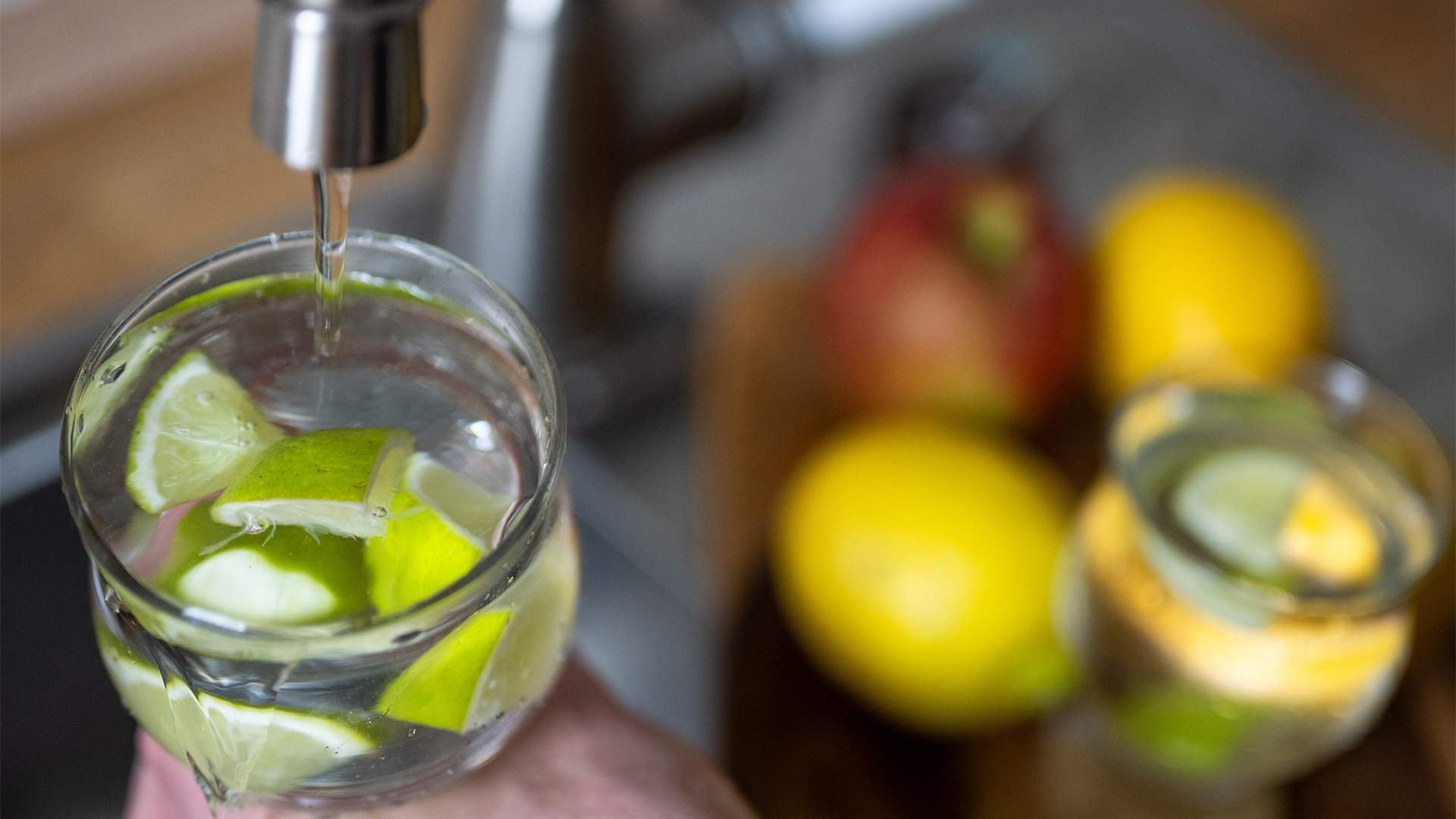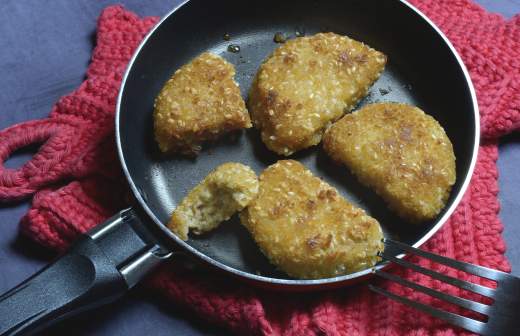Fats in the city: why you need to reduce your diet in the summer

Hot weather dulls the feeling of hunger — this is how the body protects itself from overheating. Doctors allow a reduction in the daily ration in the heat, but up to reasonable limits. Why you can not completely refuse to eat, even if you have no appetite, what is better to cook for lunch and how fatty foods worsen your well—being - in the Izvestia article.
Turn off the heating
Galina Rogozhkina, a gastroenterologist at the Scandinavian Health Center, explained that the metabolism slows down in summer. At high temperatures, blood flow changes, and some of the blood goes to the skin to cool the body.
"The outflow of blood reduces the activity of the stomach and intestines: food is digested more slowly, gastric juice is produced worse," the expert comments. — Thus, in hot weather, the appetite weakens, and the usual dishes can cause nausea and heaviness. Fried and fatty foods are especially difficult to digest.
Anastasia Lebedeva, PhD, Associate Professor of the Department of Dietetics at ROSBIOTECH University, emphasizes that fatty foods (lard, fatty meat, butter, fried dishes) create an additional burden on digestion.
"In the heat, the body already spends a lot of energy on thermoregulation, and digesting such heavy food requires even more resources," explains Anastasia Lebedeva. — The constant consumption of fatty foods in hot weather can lead to unpleasant sensations after eating: heaviness, lethargy. In addition, sweating increases, as fats take a long time to break down, increasing metabolic heating.
The best summer dishes
Experts are sure that the diet in hot weather should be as light as possible.
— Give preference to light food that does not overload the body. Low-fat protein products will be the best choice: boiled chicken or turkey, white fish, seafood and eggs. They are well absorbed and do not create additional stress for the digestive system during digestion," comments Anastasia Lebedeva.
The associate professor advises paying special attention to fresh vegetables and fruits — cucumbers, zucchini, tomatoes, as well as watermelons and melons. These products contain large amounts of water and help maintain water balance, which is especially important in conditions of increased sweating.
— Fermented dairy products — kefir, natural yogurt, ayran and tan — not only quench thirst, but also contribute to maintaining healthy intestinal microflora, — Lebedeva continues.
According to Galina Rogozhkina, carbohydrates that we get from cereals, as well as whole-grain bread, will bring benefits in the summer. Porridges and sandwiches with greens will help to satisfy a slight hunger.
"Cereal dishes and cold soups are perfect for a variety of diets in the heat,— explains Anastasia Lebedeva. — Buckwheat salads, quinoa dishes, as well as traditional summer soups — okroshka, gazpacho and beetroot — provide the body with essential nutrients without overloading the digestive system.
At the same time, experts believe that it is not necessary to change the calorie content of the diet in the summer if a person leads an active lifestyle and spends energy daily.
Cold drinks
The gastroenterologist considers ordinary water to be the main drink in the heat. It should be drunk regularly, in small portions, without waiting for thirst. This helps to avoid dehydration and maintain the normal functioning of the organs.
— With increased sweating, mineral water without gas, slightly salted water and homemade compotes are useful. You can also drink herbal teas: mint, chamomile, rosehip. Caffeine and alcohol are undesirable in the heat: they increase fluid loss," comments Galina Rogozhkina.
According to the gastroenterologist, in order for the liquid to stay in the body, it is better to choose drinks at room temperature or slightly warmer. Cold water, teas and sodas will leave the body much faster with sweat, which can lead to dehydration.
Anastasia Lebedeva believes that it is impossible to categorically refuse hot dishes and drinks — soups and tea. In moderation, they are useful because they stimulate sweating, which helps to cool down, although they can cause discomfort in extreme heat. However, a sense of proportion should be observed in everything.
— Cold dishes (okroshka, salads, smoothies) will be an excellent choice in hot weather, — says Lebedeva. — But you should not abuse ice water and ice cream, so as not to provoke the development of respiratory infections, as well as problems with digesting food.
Why can't you starve
Because appetite decreases in hot weather, some people even give up daytime meals. Anastasia Lebedeva emphasizes that it is important to maintain a regular diet — skipping meals can lead to loss of strength and decreased performance. And with prolonged fasting, there is a high risk of hypoglycemia (a decrease in blood glucose levels), which can lead to dizziness, weakness, and even fainting.
— In the heat, the main meals can be postponed to the morning and evening, when it is cooler. And in the afternoon, make light snacks: yogurt, fruit, cottage cheese. This approach helps to avoid overeating in the evening and maintain a stable energy level," comments Galina Rogozhkina.
Anastasia Lebedeva recommends reducing portion sizes and focusing on light but nutritious meals if your appetite is decreasing.
According to Rogozhkina, meals should be divided — 4-5 times a day in small portions. This, again, reduces the load on the stomach and helps maintain an even energy level throughout the day.
Certain spices and other additives help to revitalize the intestines and improve digestion. The gastroenterologist advises adding them to dishes or using them as tea.
— Ginger stimulates the production of gastric juice, mint improves the outflow of bile, soothes, — says Galina Rogozhkina. Melissa gently supports the functioning of the gastrointestinal tract, fennel reduces bloating and gas formation, and cumin helps digest heavy food.
In order not to harm health in general and the digestive system in particular, the gastroenterologist recommends remembering that the risk of food poisoning increases in summer due to improper food storage. It is important to monitor the quality of food: keep meat, dairy products and ready meals in the refrigerator, do not leave food in the sun, and wash vegetables and fruits thoroughly.
Переведено сервисом «Яндекс Переводчик»








